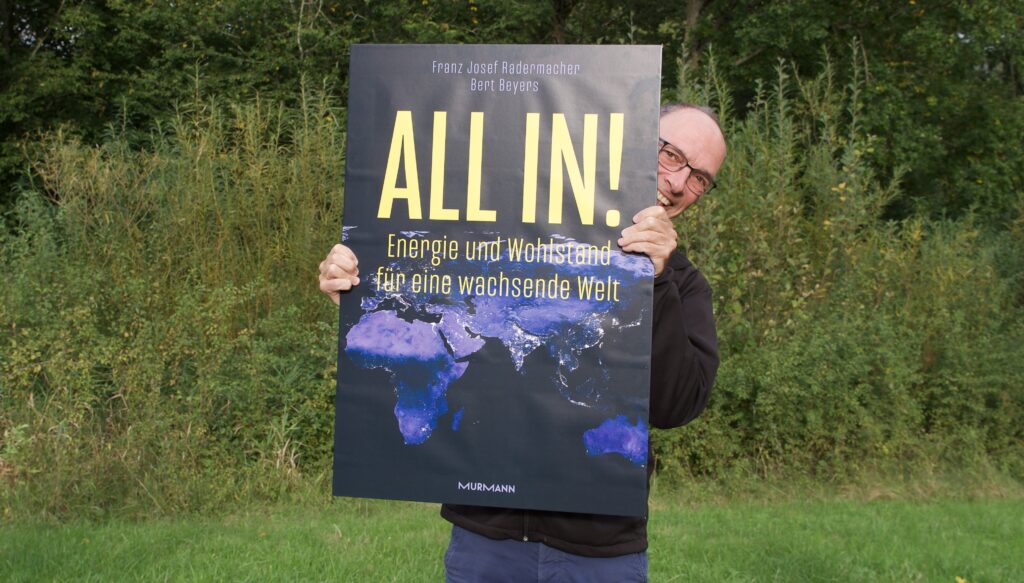Preamble
A solution to the world’s energy and climate problems that is compatible with prosperity and freedom requires not only renewable energy in the form of green electricity but also renewable energy in the form of carbon-neutral energy liquids and gases (re-fuels) on a large scale. The starting point for the production of re-fuels is usually green hydrogen. For its economic production via electrolysis, considerable amounts of renewable energy, especially green electricity, are required at low prices.
Besides the direct use of green hydrogen as a re-fuel, the transformation of hydrogen into synthetic carbon-neutral fuels and gases plays a central role. Special potentials are seen in the conversion of green hydrogen using CO2 from industrial processes (via Carbon Capture and Usage/CCU) into green methanol (“liquid electricity”) for direct use in many applications or as a basis for further transformation steps towards methanol petrol, diesel, heating oil, marine diesel, kerosene.
The recycling of CO2 in itself is a central contribution to climate protection. Carbon-neutral synthetic fuels thus become “enablers” of gigantic volumes of recycled CO2 and thus contribute to making many climate-affecting “difficult industrial sectors” carbon-neutral at low cost. Even “double carbon neutrality” of green fuels can be achieved by financing suitable projects for offsetting CO2 in such a way that development (in the sense of the United Nations Sustainable Development Goals, SDGs) is promoted massively and the environment is protected successfully. With suitable cooperation, especially through projects in the field of nature-based solutions, 10 billion tons of CO2 can be extracted from the atmosphere per year in the future, thus reducing annual emissions while achieving global carbon neutrality.
The association wants to analyze German, European and international options on all these topics in a holistic way and evaluate them from an economic point of view. In addition to important applications in industry and chemistry, in shipping and air traffic as well as for heavy trucks, good chances for carbon-neutral cars and trucks based on combustion engines are seen as a contribution to a massive reduction of CO2 emissions from traffic. The potentials clearly exceed those in the field of battery-electric solutions. This becomes particularly clear in a global perspective and especially with regard to the large, global, combustion-engine-based vehicle fleet. The methanol economy has great potential for a world in prosperity for 10 billion people in “peace” with nature and the climate system.
Low prices for renewable energy are crucial for mobilizing the potential of green hydrogen, methanol and other synthetic fuels. On the intellectual side, this requires bringing together international experts, and on the implementation side, the use of international cooperation in the energy sector, e.g. in Southern Europe, with partners in Africa as part of a Marshall Plan with Africa, with partners in the Arab world, in Chile and Argentina, and in many other places with solar deserts. In this context, the question of global transport of electrical energy and green hydrogen is becoming a key issue. Energy liquids of the green methanol type open up completely new options in this respect.
Statutes
The complete statutes can be opened here or downloaded as PDF:

